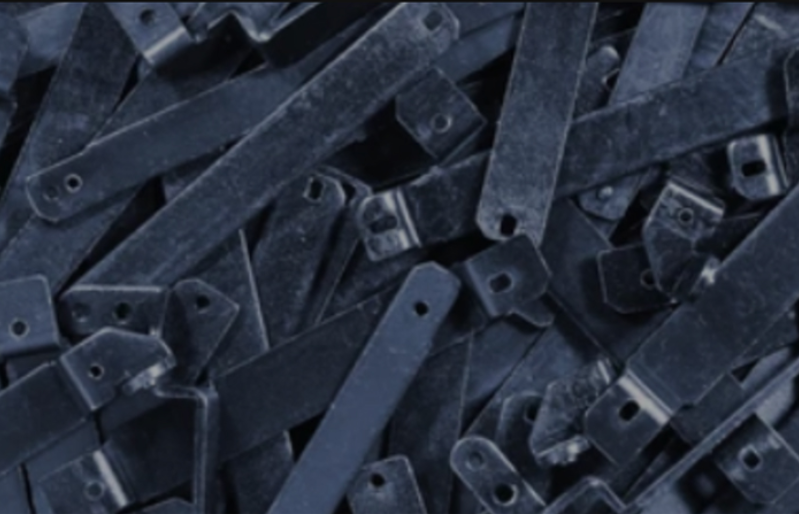Introduction:
Aluminum casting molds are an essential component in the manufacturing process of various aluminum products. They play a crucial role in shaping molten aluminum into desired forms and ensuring the quality and precision of the final products. This guide aims to provide an overview of aluminum casting molds, including their manufacturing process, types, and applications.
1. Manufacturing Process:
The manufacturing of aluminum casting molds involves several steps that require precision and expertise. The process starts with the design of the mold, which is often done using computer-aided design (CAD) software. The design takes into account the desired shape, size, and specifications of the final product. Once the design is finalized, it is transferred to a pattern or model, which serves as a template for creating the mold.
The next step involves the creation of a mold cavity by either using a sand mold or a metal mold. Sand molds are commonly used for smaller and less complex aluminum products, while metal molds are preferred for larger and more intricate designs. The mold cavity is created by pouring molten aluminum into the mold and allowing it to cool and solidify. After solidification, the mold is opened, and the aluminum product is removed.
2. Types of Aluminum Casting Molds:
There are several types of aluminum casting molds, each suitable for specific applications and requirements. Some common types include:
– Sand molds: As mentioned earlier, sand molds are widely used for smaller and less complex aluminum products. They are cost-effective and relatively easy to produce. However, they are limited in terms of their ability to create intricate designs and large-sized products.
– Die-casting molds: Die-casting molds are made from steel and are used for high-volume production of aluminum products. They are capable of producing complex shapes and offer excellent dimensional accuracy and surface finish. Die-casting molds are commonly used in industries such as automotive, aerospace, and consumer electronics.
– Permanent molds: Permanent molds, also known as gravity molds, are made from materials such as steel or iron. They are reusable and can withstand multiple casting cycles. Permanent molds are ideal for producing high-quality aluminum products with consistent dimensions and surface finish.
3. Applications of Aluminum Casting Molds:
Aluminum casting molds find applications in a wide range of industries due to the versatility and benefits of aluminum as a material. Some common applications include:
– Automotive industry: Aluminum casting molds are extensively used in the automotive industry for the production of engine components, transmission cases, wheels, and other parts that require high strength and lightweight properties.
– Aerospace industry: The aerospace industry relies on aluminum casting molds for manufacturing aircraft components such as fuselage parts, landing gear components, and structural elements. Aluminum’s high strength-to-weight ratio makes it an ideal choice for aerospace applications.

– Consumer electronics: Aluminum casting molds are used to produce various consumer electronic products such as mobile phone housings, laptop casings, and audio equipment. Aluminum’s excellent thermal conductivity and electrical properties make it suitable for these applications.
– Construction industry: Aluminum casting molds are employed in the construction industry for manufacturing architectural elements, window frames, and structural components. Aluminum’s corrosion resistance and durability make it suitable for outdoor applications.
Conclusion:
Aluminum casting molds are vital in the production of various aluminum products in industries ranging from automotive to aerospace and consumer electronics. The manufacturing process of these molds involves precision and expertise to ensure the quality and precision of the final products. Understanding the different types of aluminum casting molds and their applications can help industries make informed decisions and achieve desired outcomes in their manufacturing processes.
-

- Magnesium alloy bike parts & componenets for kid’s push bike
-

- Magnesium alloy Thixomolding parts for oxygen suction machine housing
-

- أجزاء المغنيسيوم ثيكسومولدينج الإسكان الطائرات بدون طيار
-

- غطاء السكن للكمبيوتر المحمول ج
-

- Magnesium alloy die-casting rigid fork for bike
-

- أجزاء ومكونات ثيكسومولدينج الهاتف الخليوي الأوسط معالجتها

 0086-750-5616188
0086-750-5616188 +86 13392089688
+86 13392089688 sales@zhongmei-tech.com
sales@zhongmei-tech.com







